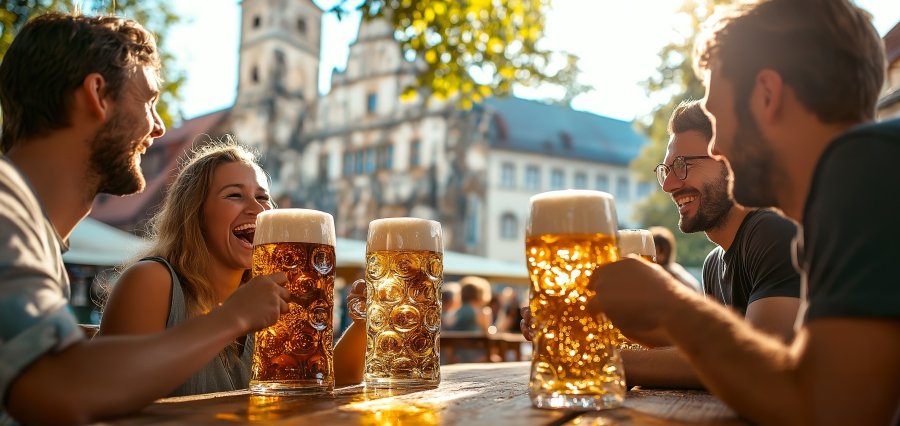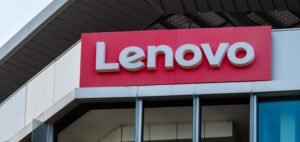Prime Highlights:
- Alcohol-free beer sales in Germany have grown by more than 100% in recent years, showing a strong shift toward healthier drinking choices.
- Breweries like Erdinger are embracing this trend, with a quarter of their production now focused on non-alcoholic varieties.
Key Facts:
- In the first half of 2025, Germany’s beer sales stood at around 3.9 billion litres, marking the first time sales dipped below 4 billion litres in six months.
- Since 2013, non-alcoholic beer sales have risen by 109%, making it one of the fastest-growing segments in the German beverage market.
Key Background:
Germany, known for its strong beer tradition, is now seeing a clear change in drinking habits. While traditional beer consumption has fallen to its lowest point in over three decades, alcohol-free varieties are enjoying an unprecedented rise in popularity.
Germany’s federal statistics office reported that beer sales fell by 6.3% in the first half of 2025 compared to last year, dropping to about 3.9 billion litres. For the first time, beer sales dropped under 4 billion litres in just half a year. On the other hand, alcohol-free beer has grown strongly, with sales more than doubling, up 109% since 2013, as more people look for healthier options.
This change is reshaping strategies at major breweries. Erdinger, a well-known Bavarian brewery, now makes about one-fourth of its beer without alcohol. Chief executive Stefan Kreisz noted that younger generations are more selective about when and how they drink. “We need to find ways to make non-alcoholic beer attractive to young people,” he explained, adding that promoting such drinks at sports events has proven effective.
At Munich’s Café Kosmos, bartender Louis von Tucher observes a similar trend. “In the past, people would frown at the idea of drinking water between beers. Now, customers are more conscious and often choose alcohol-free options alongside regular beer,” he said. Still, von Tucher admitted that traditional beer sales remain dominant, with hundreds of litres sold nightly compared to smaller volumes of alcohol-free brews.
Even with these changes, beer is still an important part of German culture, especially in Bavaria. At Bamberg’s famous Sandkerwa folk festival, beer stalls were as busy as ever. Locals like Pascal said beer is a big part of the city’s identity: “I can’t imagine Bamberg without it.” Magdalena, a student, added that while young people may drink less every day, festivals and traditions keep the beer culture going strong.
Germany’s beer market is clearly transforming. While overall sales decline, the rise of alcohol-free varieties offers new opportunities for breweries to adapt, ensuring that beer, whether traditional or not, remains central to German social life.




